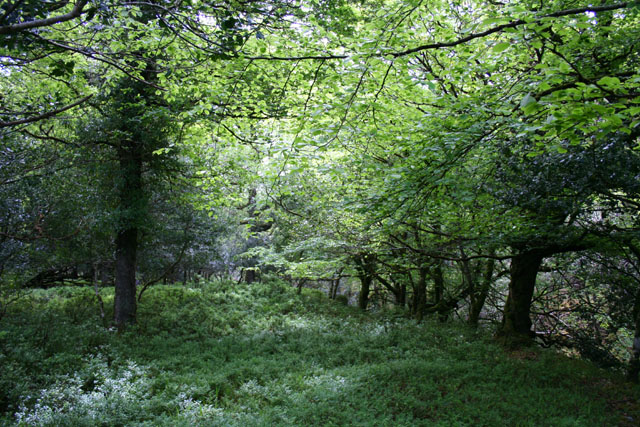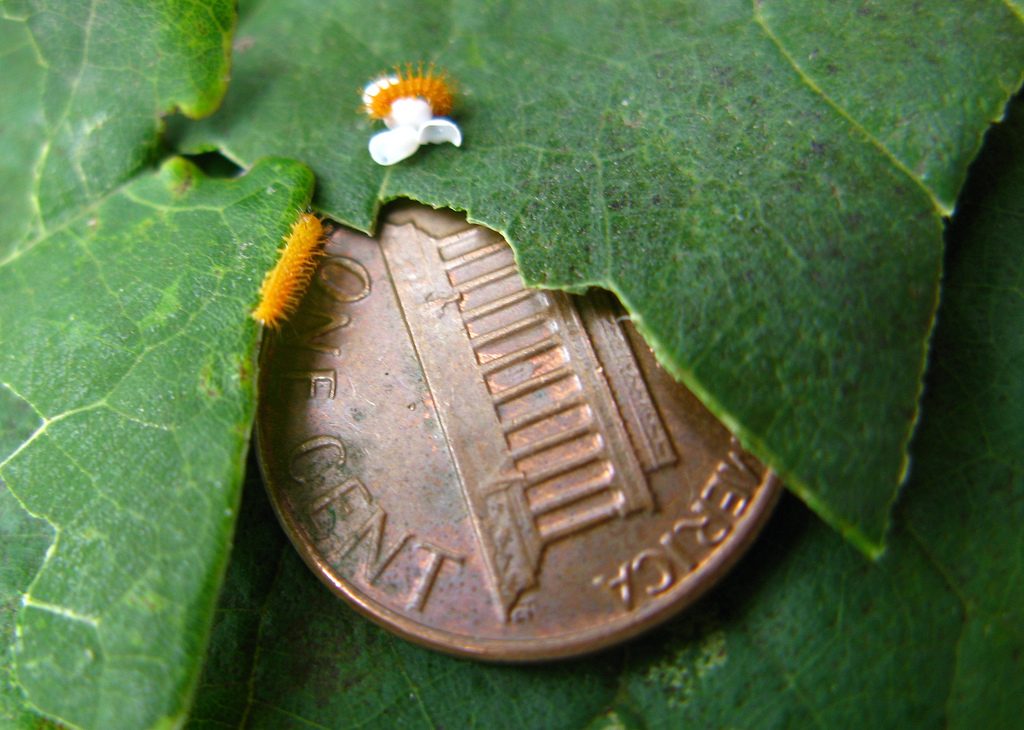What the experts want from GE2020 – Bob Wilson

February 4th, 2020
Over the past three weeks, as in all election cycles, we have become accustomed to the knock at the door from canvassers or candidates themselves are they vie for our number one at the ballot box.
We have asked leading climate and biodiversity experts to tell us the key policy asks that they have raised with candidates when they come a-knocking.
Next up is Bob Wilson, the coordinator and a founder member of CELT, an environmental NGO focused on tree cover policy in Ireland. Bob has a background in nature conservation management in the UK and Ireland, and has also served on the boards of Clare Leader Partnership and Clare Biodiversity Group. He also teaches dry-stone walling and elements of sustainable woodland management and agroforestry.
First and foremost, Bob says that he wants to see election candidates recognise the reality of the climate crisis and its link with the biodiversity loss crisis and the urgency for action to deal with these. After that, they can work on the following key policy aims.

Encourage and support tree planting
Trees are hugely important for oxygen in our atmosphere and also for sequestration of carbon, healthy and stable soils and flood mitigation.
Millions of trees are being lost worldwide due to illegal logging and forest fires. Not only do we need to have a strategy to help prevent these, we must also have a strategy to encourage tree planting.
Native trees and woodlands provide the richest land-based ecosystems and their leaves provide the best soil nutrition. They are complimented by a wide range of plant species, all inter-dependent and all sequestering carbon – including much within the roots.
Monoculture coniferous forestry, whilst having value to the timber and paper industries, does not come close to the carbon and biodiversity values of native woodlands.
Much of the rural landscape is under-used and considered to be poor or marginal for agricultural purposes, especially in the western region. It is our contention that there is scope for much more planting of native woodlands throughout rural Ireland and especially the western region.
Promotion of agroforestry as a form of farm diversification makes practical and economic sense and will have a major contribution to climate mitigation,
Support sustainable woodland management
There is also scope for sustainable management of the many neglected woodlands (both native and mixed) that can include systems of coppice, pollarding and brash-hedging, all of which are good for biodiversity and produce valuable hardwood timbers for a variety of uses, especially traditional crafts.
This can create local jobs in many areas through development of woodland management cooperatives and traditional skills training establishments. Local employment in this way is a major contribution to climate change mitigation by reducing travel to employment locations, reducing transport and providing furniture, tools, sports equipment, utensils and firewood for use in the locality.
Support is needed for NGOs such as CELT to locate and provide centres of excellence in sustainable woodland management which can be developed as ‘flagship’ projects showing the world what can be achieved on a local scale – thinking globally, acting locally.

Ethical Investment
We believe that active encouragement of ethical investment opportunities combined with discouragement of investment in fossil fuel extraction and other environmentally harmful practices can make a significant impact regarding climate mitigation and biodiversity.
Many investors have a portfolio recommended by bankers or accountants that is simply based upon profitable companies with no regard for ethics.
There needs to be clear information provided regarding the activities of companies and strong guidelines for financial advisors to make it clear to investors which companies have recognised ethical practices.







